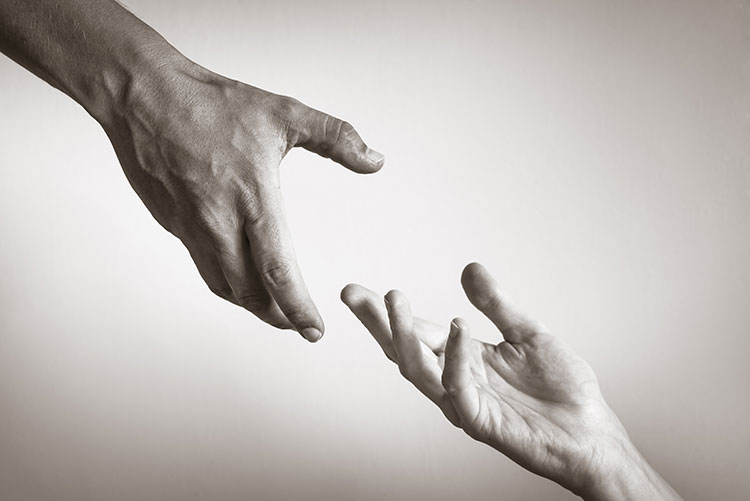Picture this – you drive by the school at pick-up time. Your gaze scans through uniforms and colourful backpacks to the spot where your teen normally waits. She isn’t out yet. The worry is piling on… After hastily parking the car, you walk into the school, all the way to the classroom. There she is, tending to a wound on a friend’s knee! There’s your kid, who has been raised to believe that helping someone is more important than getting home on time. Seeing her humanitarian deed, the worry is replaced with pride.
August 19 marks World Humanitarian Day, which commends the incredible sacrifice and invaluable work by humanitarian workers around the world. First designated in 2008 by the UN General Assembly, the occasion pays tribute to humanitarian workers who have risked and lost their lives in service.
That humanitarian values like benevolence, humanity, neutrality, impartiality and independence are the foundation of a fair and well-functioning society is undeniable. To exercise our capacities and to use our resources to change the lives of people around us for the better is a valuable lesson every one of us must learn quite early on. It is this instilled kindness that will shape future generations to be caring and considerate. And there is no time like the present to start inculcating these values in our teens!
Say No To Prejudice
It all starts with believing that every human being is equal and deserving of respect and kindness. As a parent, one must shake off all prejudices and ensure there is no discrimination based on race, nationality, religions or gender in your home. Remember, teens learn as much from the things you don’t say, as they do from the things you say.
Foster Empathy
Empathy allows young adults to understand and share others’ feelings. It is a far better approach than sympathy. While empathy needs to be practiced from a very early age, asking your teen to watch a movie and then write down or voice how they feel about the main characters’ situations, and what their reactions would be, is a positive exercise in empathy.
A Strong Sense Of Right And Wrong
Through conversations with your teens and your responses to everyday situations, you will be able to demonstrate what you deem to be right and wrong. Appreciate their efforts when they do good things. And when they make mistakes, along with an admonishment, give them a chance to do it over the right way. As they age up, trust their instincts, but lay down rules that will guide them to do the right thing.
Exposure To Diversity
There is very little one learns if only confined to a home. Similarly, there is only so much a teen will grasp should they only be exposed to people who look like them and follow the same culture and tradition. Exposing your teen to a more diverse society, – whether this means enrolling them in multi-cultural schools or socialising in diverse circles – will help them understand that not everyone enjoys similar privileges, but everyone deserves kindness and love.

Respect Their Opinions
When teaching values, it is easy to dole them out. But, there may come a time when your teen questions your conviction. This is a moment that will define how your teen behaves with others in the face of a difference in opinion. It is best to recognise that your teen is an individual; hear them out and respect their thoughts. There is a chance that they may teach you something in return!
Encourage Beyond-The-Self Interests
With social media pushing teens to be largely self-involved, it is necessary to encourage them to pursue beyond-the-self interests. Maybe they’d like to teach an art class to younger children, or babysit siblings… If they are passionate about the environment, maybe they’d like to recycle within the home, or use biodegradable products as much as possible.
Volunteer As A Family
Not only is volunteering a great personal development tool, it is also a wonderful way to strengthen relationships. It is an immersive example of benevolence, understanding, kindness and mindfulness. So plan beach cleanups, get involved in the organisation of meals for the lesser privileged, accompany them to children’s hospitals to read to patients, and participate in charity runs and festivals aimed at raising awareness and funds for a variety of causes.
A Kind Deed A Day
Ask your teen to commit to performing a kind deed a day. It could be the smallest thing, like offering a smile to a stranger, paying a complement, saying thank you to a teacher, sharing lunches, visiting an injured friend, placing water and food out for stray dogs and cats, or offering to help someone with a project. Soon, this practice will become a habit, and kindness will come naturally to them.
